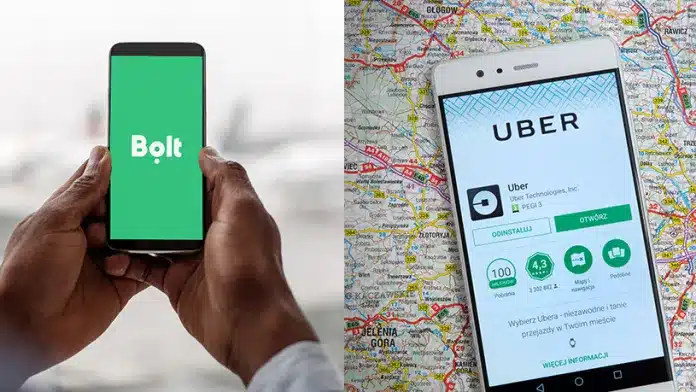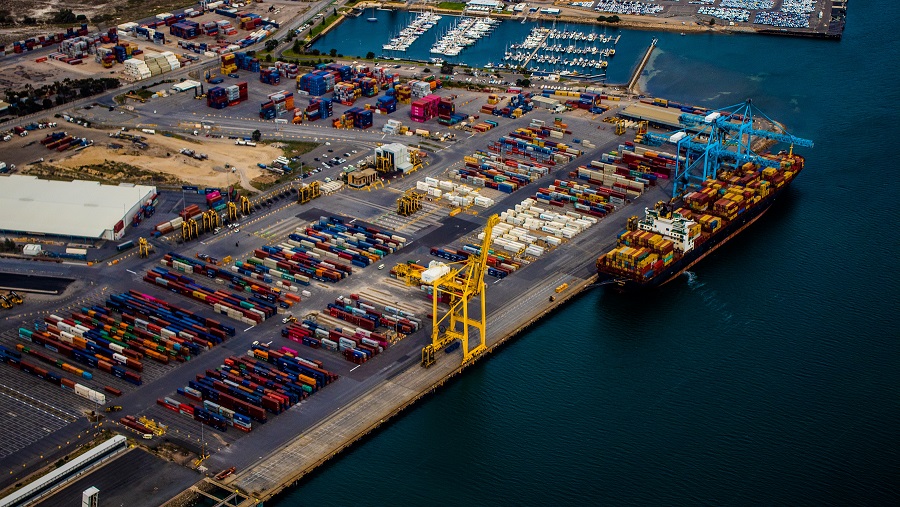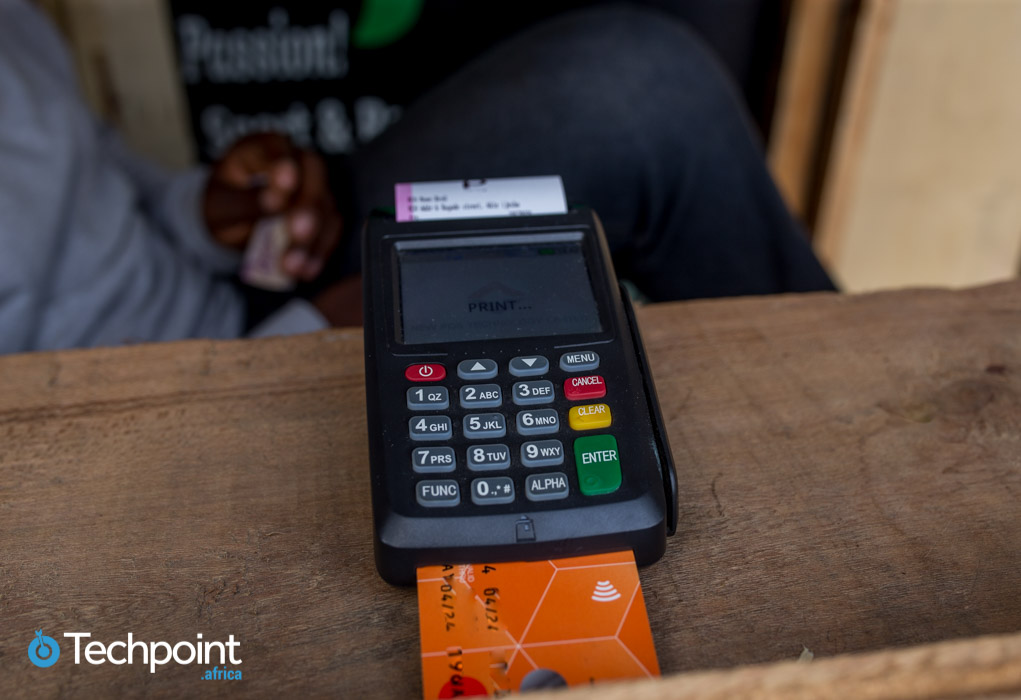Africa’s smartphone market and level of Internet penetration have been growing steadily in recent years and previous studies have projected continuous growth in the coming years. The situation may however change, not just due to the COVID-19 (coronavirus) outbreak, but also due to government policies.
According to the International Data Corporation (IDC), Nigeria's smartphone market grew by 5.5% quarter-on-quarter (QoQ) in Q4 2019, compared to a 3.2% QoQ increase in Q3 2019. After a sluggish first half of the year 2019, Nigeria's smartphone market had a year-on-year (YoY) decline of 3.5% in 2019.
Ghana, on the other hand, saw a 6.1% QoQ increase in Q4 2019 and 9.1% YoY increase for the whole of 2019. The IDC reports that both countries saw combined smartphone shipments of 12.6 million units in 2019.
The global technology and consulting services firm attributes the decline in H1 2019 to various reasons such as the closure of airports in February, extended campaigns for the 2019 general elections, and the year-round instability of the dollar.
Projections from data and statistics portal, Statista, and the GSM Association (GSMA) expect smartphone adoption to hit between 130 - 140 million by 2025; however, with recent policies in Nigeria, 2020 might not bring it any closer to such levels of adoption.
Earlier this year, the Finance Act was passed into law, and besides the tax haven it brings for small and early-stage startups, a 7.5% increase in value-added tax (VAT) was enforced in February 2020.
Given that the VAT increase might shoot up smartphone prices, the IDC states that Nigeria might witness lower smartphone adoption levels and an increase in grey market re-exports of smartphones into the country.
While the IDC based its latter assertion on the fact that Nigeria’s neighbours have lower VAT, our search revealed that the country’s border countries — Republic of Benin, Chad, Cameroon, and Niger — all have VAT ranging from 18% - 19.25%.
However, it is well known that lots of Nigerian importers go through the Cotonou seaport in the Republic of Benin before re-exporting to Lagos, Nigeria; a scenario the Nigerian government cited as part of the reasons for closing its borders in 2019.

Be the smartest in the room
Give it a try, you can unsubscribe anytime. Privacy Policy.
As a result of the high cost of clearing goods at the Nigerian port, Vanguard reports that a lot of importers prefer the longer method of importing goods through the Cotonou port before bringing them into Nigeria.
Robert (not real name), a smartphone sales rep for Samsung in Nigeria, claims that smartphone companies have to pay billions to Nigerian authorities to ship phones into the country.
"The lack of basic infrastructure and social amenities make a lot of things expensive in Nigeria, and for imported gadgets, high import duties make them more pricey than they should be," he says.
Given this precedent, the emergence of a grey market for brand new smartphones may not be far-fetched.
The COVID-19 effect
The massive outbreak of the coronavirus, with 191 127 confirmed cases worldwide and 7807 deaths as per the World Health Organisation (WHO) report of March 17, 2020, seems poised to negatively impact the growth of West Africa’s smartphone market.
The IDC projects that in a "probabilistic scenario", where supply and demand forces align by the H2 2020, both Nigeria and Ghana might witness a smartphone market 15.4% in QoQ in Q1 2020 and 3.9% in Q2 2020.
According to the IDC, COVID-19 induced disruption to supply chains between China and West Africa will have a severe impact on the sub-region.
This may not be far-fetched, given that major Chinese smartphone brands such as Xiaomi, Huawei, Oppo, Vivo, and Transsion’s Tecno, Itel, and Infinix control a large share of the region's smartphone market, while other players like Samsung and Nokia have a large production base in China.
Robert reveals that ever since the VAT increase, phone prices have shot up, as would be expected.
"The prices of phones have gone up even further since the outbreak of the coronavirus, and as recently as last week, prices went up by ₦3000 - ₦5000," says Robert.
According to him, a larger percentage of persons who buy smartphones in times like this are those who either lost or damaged their previous phones. Users who buy to flaunt or for pleasure have reduced drastically.
With oil prices set to drop, the situation might prove to be worse for Nigeria, as a result of its heavy reliance on oil. The IDC reveals that this might negatively impact the country’s economy as well as the purchasing power of its citizens.
Currently, there are few companies engaged in the manufacturing of smartphones or any other ICT-based device in sub-Saharan Africa, and based on the impact COVID-19 might have on oil prices, only careful and deliberate policy actions will cushion the impending effects.
Hi, my name is Emmanuel Paul and I am a lover of mysteries and great stories. Thankfully, the steps to prevent coronavirus (COVID-19) — personal hygiene — are not mysterious, and it’s time to filter the stories we hear/see very carefully. Kindly follow all relevant tips from the NCDC, WHO, and other related bodies.
Do your part; when in doubt, verify.






















